News
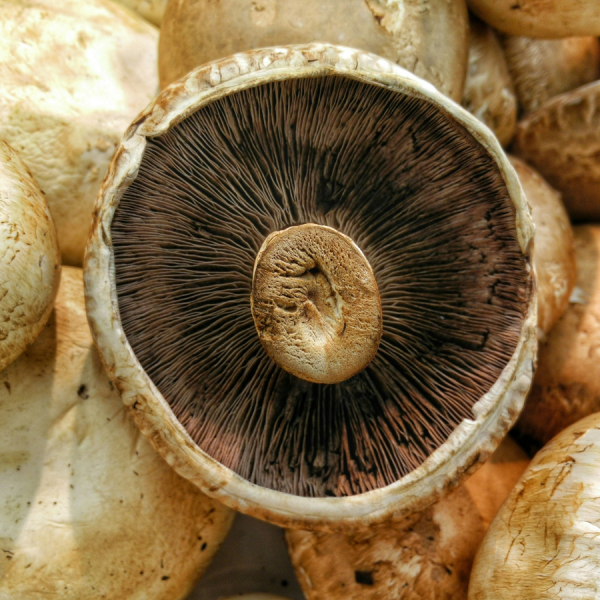
Jan 27, 2025
Harnessing mushroom microbiomes for better crop development
Microorganisms collected from the material in which button mushrooms are grown may benefit the development of future fungi crops, according to a study led by researchers in Penn State’s College of Agricultural Sciences and published in the journal Fungal Biology.
Full Article
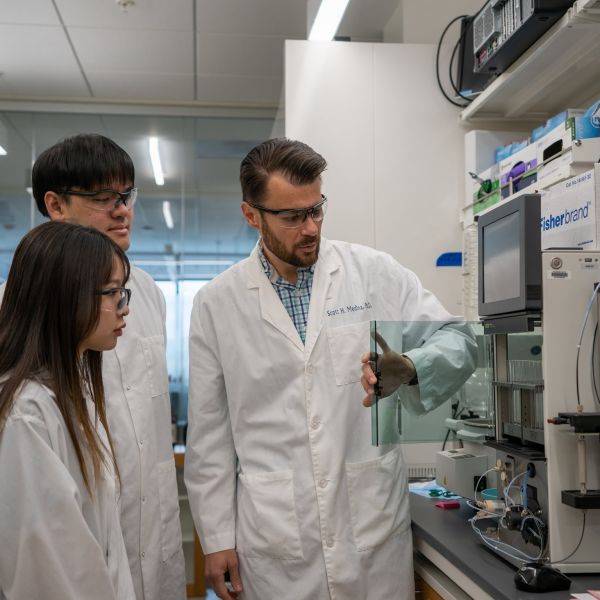
Jan 17, 2025
Discovery could eliminate need to refrigerate vaccines and protein-based drugs
A new storage technique can keep protein-based drugs and vaccines stable without keeping them cold. The discovery, led by researchers at Penn State, could eliminate the need for refrigeration for hundreds of life-saving medicines like insulin, monoclonal antibodies and viral vaccines.
Full Article

Jan 13, 2025
College of Ag Sciences graduate students receive research grant awards
Thirteen graduate students in Penn State’s College of Agricultural Sciences received research grants recently awarded by the Northeast Sustainable Agriculture Research and Education (SARE) program, organized by the U.S. Department of Agriculture.
Full Article

Jan 08, 2025
Predicting the progression of autoimmune disease with AI
A new artificial intelligence model more accurately predicts who — among those with preclinical symptoms of autoimmune disease — will proceed to advanced disease stage.
Full Article

Jan 02, 2025
Pet dogs often overlooked as spreader of antimicrobial-resistant Salmonella
A team of Penn State researchers have found that household dogs are an overlooked transmission point for zoonotic pathogens such as nontyphoidal Salmonella.
Full Article
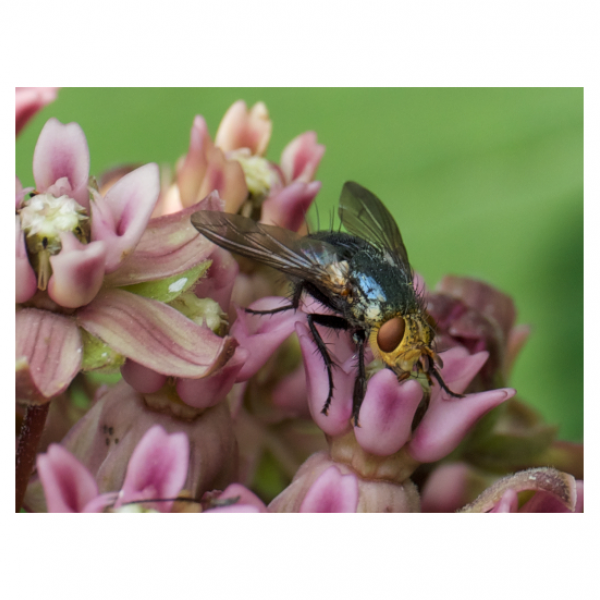
Jan 02, 2025
Pollinators most vulnerable to rising global temperatures are flies, study shows
New research led by Penn State scientists suggests flies are increasingly at risk due to rising global temperatures.
Full Article
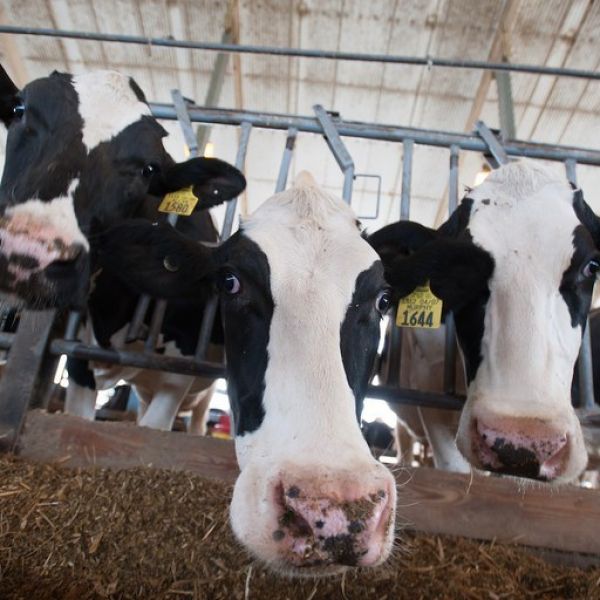
Jan 02, 2025
New treatment for dairy cows could help fight antibiotic resistance, study finds
A concentrated sugar solution could be just as effective as antibiotics at treating a common infection in dairy cows, according to a new study led by researchers at Penn State.
Full Article
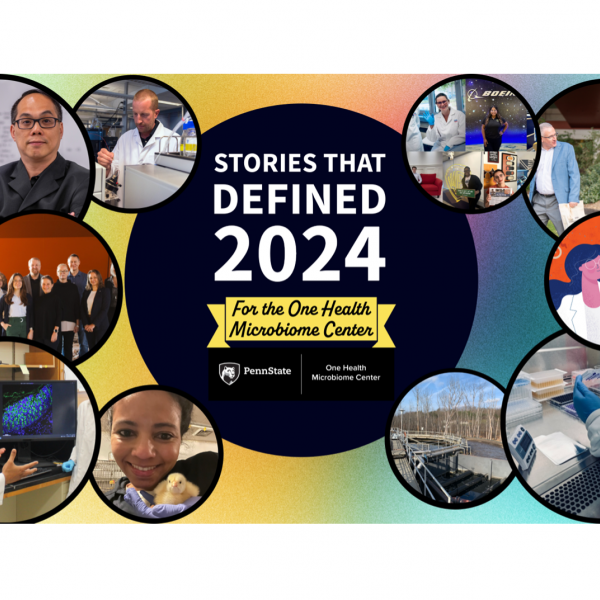
Dec 11, 2024
The stories that defined 2024 for the One Health Microbiome Center at Penn State
The One Health Microbiome Center has grown, and 2024’s most popular articles below highlight the determination and innovative research by Center members in the gut microbiome, nutritional sciences, food science and agriculture, in addition to headlines featuring partnerships and internships paving the way for future success.
Full Article
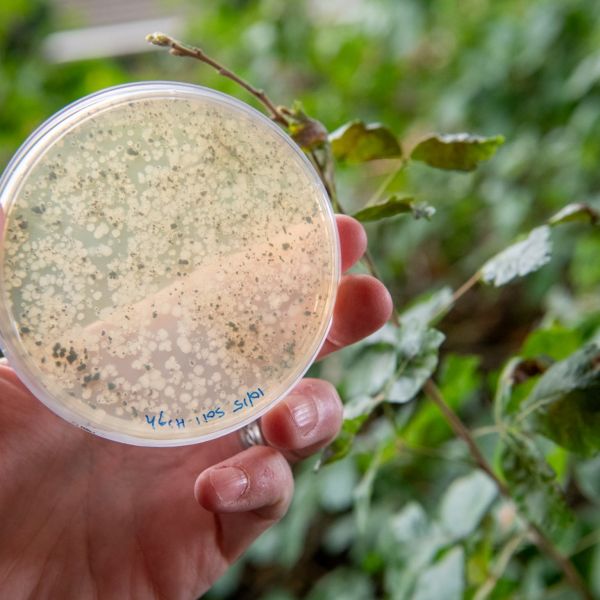
Nov 15, 2024
Q&A: How do microbiomes influence the study of life?
Microorganisms — bacteria, viruses and other tiny life forms — may drive biological variation in visible life as much, if not more, than genetic mutations, creating new lineages and even new species of animals and plants, according to Seth Bordenstein, director of Penn State’s One Health Microbiome Center within the Huck Institutes of the Life Sciences.
Full Article
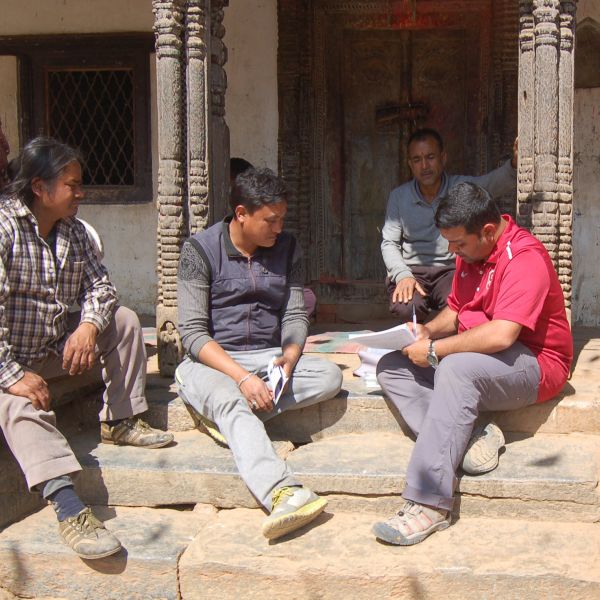
Nov 06, 2024
Microbes in mouth reflect lifestyle choices
New study in Nepal reveals that oral microbiomes differ among traditional foragers, agriculturalists and industrialists, and with behaviors like smoking and diet
Full Article